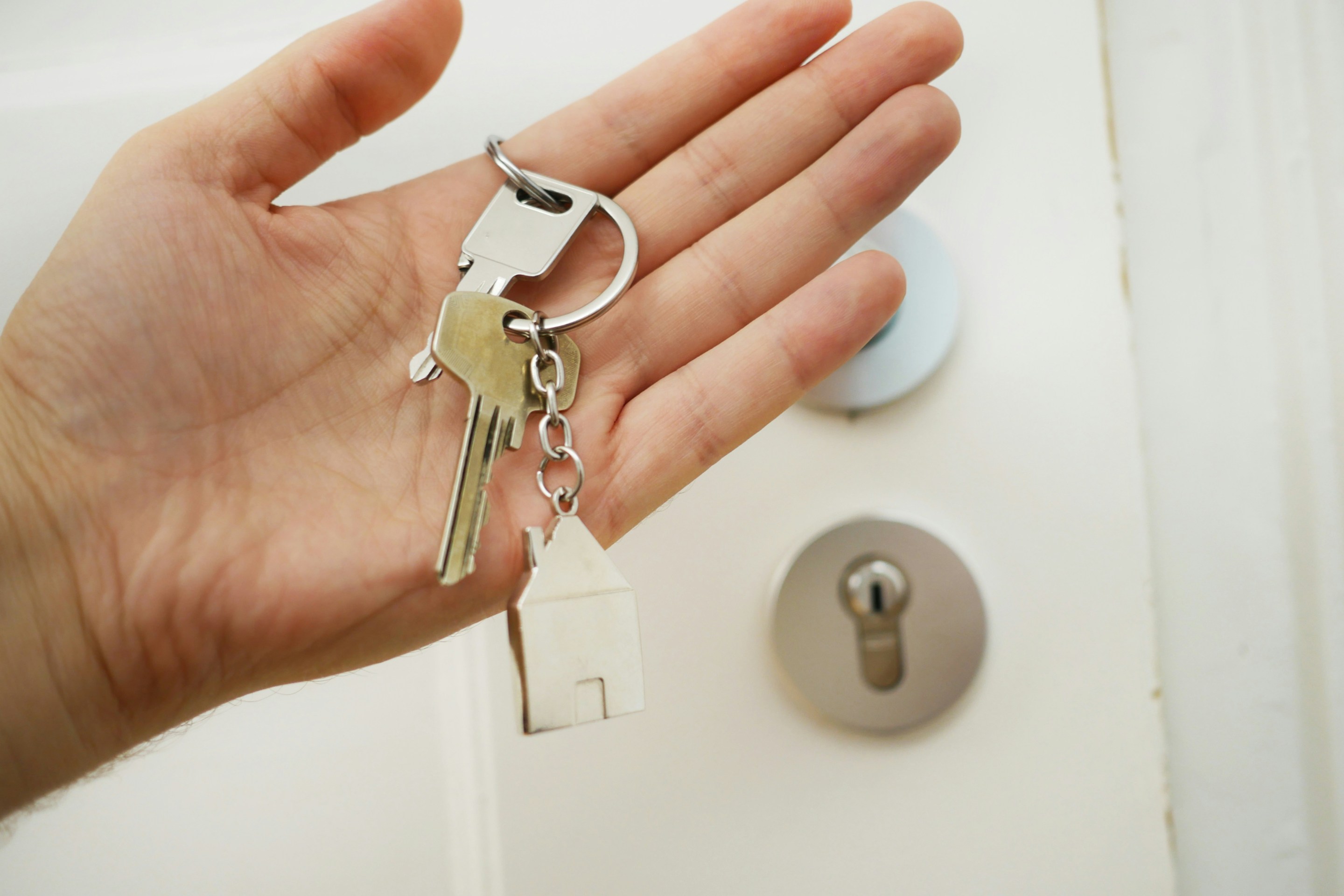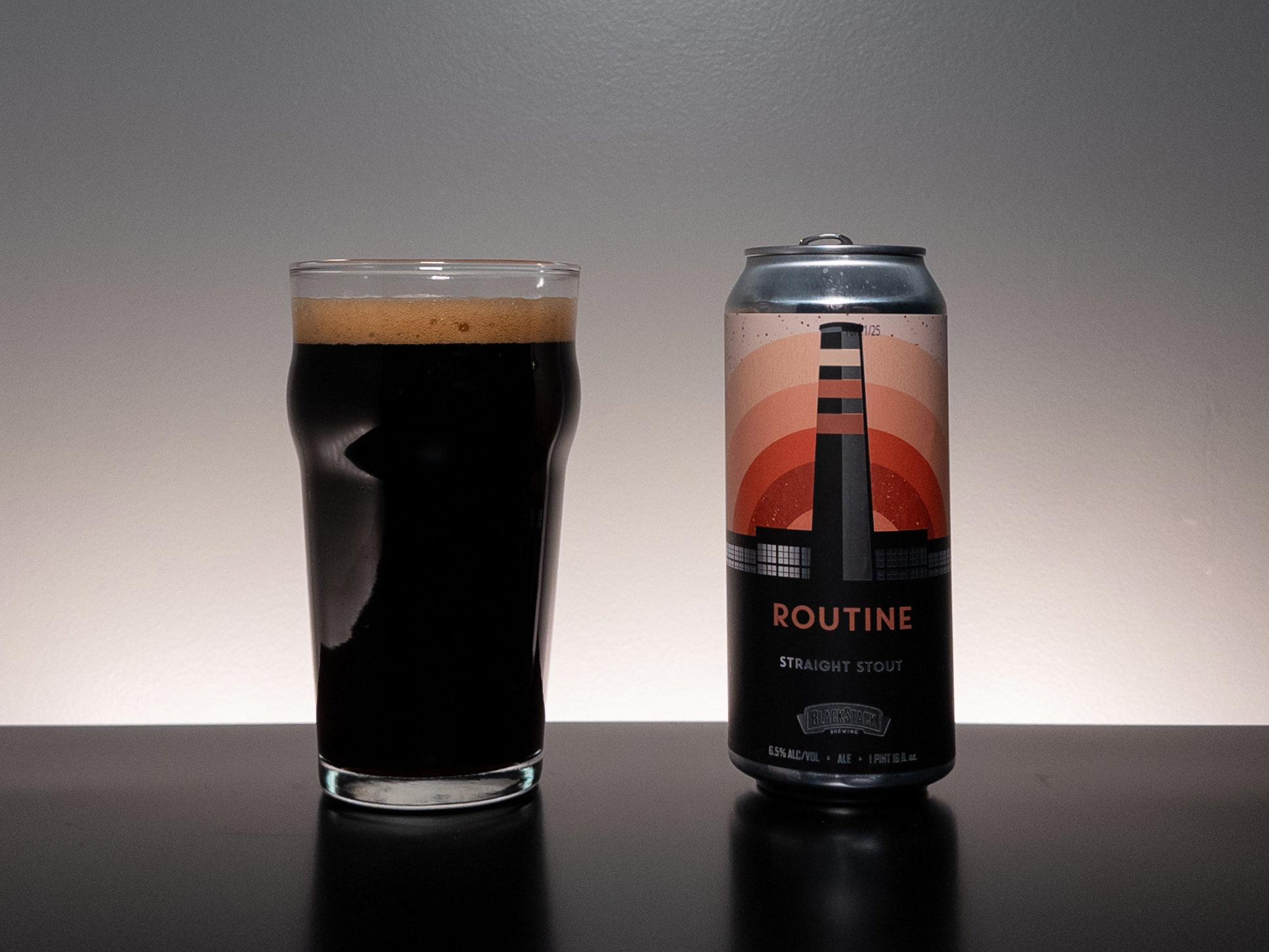I’m a 29-year-old bisexual woman in a non-monogamous relationship. A few years ago, I wanted to explore my submissive side and met up a with a Dom I connected with on a kink site. We had a few drinks and hit it off. We discussed what we were comfortable with and our limits beforehand. I set a few hard limits. In the middle of our first play session, he tried to renegotiate those limits. I said no a few times, but he kept asking and I eventually gave in. I should have ended it there, but it was my first time in a D/s situation, and I think he took advantage of that.
The experience left me feeling terrible, but I didn’t communicate that to him at the time and just ended up ghosting him. I have since found a terrific and loving Dominant partner who has thankfully helped me explore my kinks in a way that makes me feel safe and cared for, and I know now that a good Dom ALWAYS respects limits, especially in the middle of play. Recently, I have seen this bad Dom on a few different dating apps and I’ve been thinking about sending him a message letting him know that what he did was wrong. I also worry that more women are going to have their boundaries violated by this guy. Will anything good come from this or should I just let it go?
—Bitterly Debating Sending Message
You were an inexperienced sub when you played with this guy, BDSM, but you don’t say whether he was similarly inexperienced. But even if we give him the benefit of the doubt—even if he didn’t know that attempting to renegotiate limits during a scene is never okay—you have every right to be angry.
“When it comes to D/s dating, the question is almost never about a person’s intentions but rather about the effect,” said Lina Dune, host of the Ask a Sub podcast. “Even if this guy didn’t mean to put BDSM in this awful situation—which, let’s be real, challenging someone’s limits is as fundamentally red-flaggy as it gets—he still did that and BDSM’s feelings matter.”
Since you wound up having to ghost this guy, BDSM, I assume that means he continued to contact you expecting to play again. Which means he either didn’t realize he’d done something wrong, BDSM, or he hoped that you, an inexperienced sub, would continue to submit to his manipulative bullshit, i.e., the consent violations he tried to pass off as consent-seeking “renegotiations” once play had started.
“The burden is never on the victim of bad behavior to change the perpetrator,” said Dune. “But if it would make BDSM feel better to dash off a quick message to him about the definition of ‘hard limits’ and explain how destabilizing it can be for a sub for a Dom to switch things up like this mid-scene, or challenge limits in general, I don’t see the harm.”
If this guy is a bad Dom—if he’s a truly shitty person who can’t be trusted—hearing from you isn’t going to magically turn him into a safe and trustworthy Dom. But it might make you feel better, BDSM, and who knows? Maybe he’ll start to worry about his reputation. After all, you can do more than talk to him… you can talk about him. Now, if he’s the kind of shitty Dom who preys on inexperienced subs, he may not care what people in the kink scene think of him. But if by sharing the details of your lousy first kink experience—here in my column or elsewhere—you inspire other newbie subs to avoid this guy and/or immediately end a scene if some other shitty Dom pulls the same crap, it’ll have been worth the effort.
Lina Dune runs the BDSM meme page @askasub on Instagram, where she gives D/s relationship advice and serves as fairy submother to her 100K followers. She recently released an online course about dating for subs, which is available at www.askasub.com/subsurvivalguide.
My husband and I were at a kink event that required pronouns under scene names. My husband is a cross-dresser and wants “he/him” pronouns used when he is presenting as a boy and “she/her” pronouns to be used when he’s presenting as a girl. He does not want to use “they/them." I suggested he go with “he/she,” but he doesn’t think “he/she” is an appropriate option because he wants people to use the pronouns assigned to what he is presenting as. He doesn't want to be insensitive to those whose presentation isn’t obviously binary but feels it is obvious when he’s presenting as either masculine or feminine and that it should be easy for people to use the pronouns he would prefer without having to specify them. How do you opt out and ask people to read your current “presenting gender” and apply traditional pronouns in the moment?
—Helping Everyone Seeking Help Everywhere
Are we talking nametags here? Because if we’re talking nametags, HESHE, then your husband can wear a “he/him” nametag when he’s presenting as a man and “she/her” nametag when he’s presenting as a woman. But if this is a kink event run by anal weirdos who require attendees to preregister their scenes and list the names of all players involved in those scenes and itemize the pronouns those players intend to use during their scenes and stick to those pronouns under threat of expulsion… then your husband will just have to pick a team, i.e., pick the gender he will present as that night and the pronouns that go with it.
I am a white American cis-gendered paramilitary-looking heterosexual-seeming guy who happens to be in a polyamorous relationship. In the kink community, I am considered a “service top.” I enjoy group sex with my partner and in a group sex setting I will sometimes play with other men. But I am not interested in playing with men outside of those hyper-sexual situations. How am I supposed to identify? I ask because for those of us who grew up in the 1990s, a person was considered gay if he performed even a single gay act.
I am comfortable/confident in myself, and if a guy wants to mess around with me during group sex, I figure it doesn’t hurt me any to make him feel good. I would rate these experiences on the positive side of neutral. I worry that using terms like “heteroflexible” or “mostly straight” contributes to bisexual erasure but calling myself bisexual seems appropriative because I can walk through life with all this heterosexual privilege. I would like to identify as bi because I think it helps normalize it but somehow don’t feel like I make the cut. If you could help me out, I would really appreciate it.
—Just Oppressed Enough
I think you’re perfectly entitled to identify as bisexual, JOE. But just to be sure, I got a second opinion from Zachary Zane, the bisexual sex-advice columnist for Men’s Health.
“I often receive questions from bi folks who don’t feel ‘queer’ enough to claim a bisexual label,” said Zane. “Typically, I hear this from cisgender women married to straight cis men who haven’t experienced the same level of oppression as, say, femme gay men in relationships with nonbinary individuals.”
But your own personal experience with oppression—or your lack thereof—doesn’t invalidate your queerness or disqualify you from identifying as bisexual.
“How sad is it that our understanding of queer identity is inextricably linked and dependent on having experienced oppression,” said Zane. “That is so wildly fucked up. Being queer and/or bisexual is about your attraction to genders,” and not about being or feeling oppressed.
“So I would say yes, JOE can identify as bisexual because he enjoys, in certain situations, playing sexually with men,” said Zane. “At the same time, I think JOE can and should also acknowledge his privilege from how he presents—which he’s already doing, and should continue doing—and hopefully, he will use that privilege to support other bisexuals who don’t experience the same hetero-presenting privileges he does.”
Zachary Zane is the co-author of Men’s Health Best. Sex. Ever. Follow him on Twitter @ZacharyZane.
questions@savagelove.net
Listen to Dan on the Savage Lovecast!
Follow Dan on Twitter @FakeDanSavage! Columns, podcasts, books, merch and more at savage.love!
For the full version of "Savage Love,” visit savage.love and subscribe.







